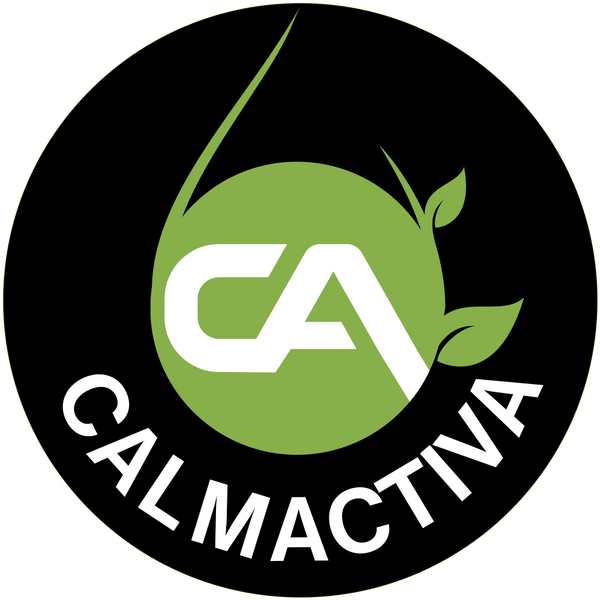Complaints
Do you have a complaint about the service or a failed order? We always do our utmost, but a mistake can happen. We find that very unfortunate, of course. To handle your complaint, we kindly ask you to submit it via email. You can send an email to info@calmactiva.com
As soon as we receive your complaint, you will receive a confirmation of receipt from us. We will address the complaint within 14 days of receipt. We need this time to handle your complaint properly. In some cases, it may happen that we need more time, and we will inform you of this as well.
As of February 15, 2016, consumers in the EU can also submit complaints via the ODR platform of the European Commission. This ODR platform can be found at http://ec.europa.eu/odr. If your complaint is not being handled elsewhere, you are free to submit your complaint through the European Union platform.
